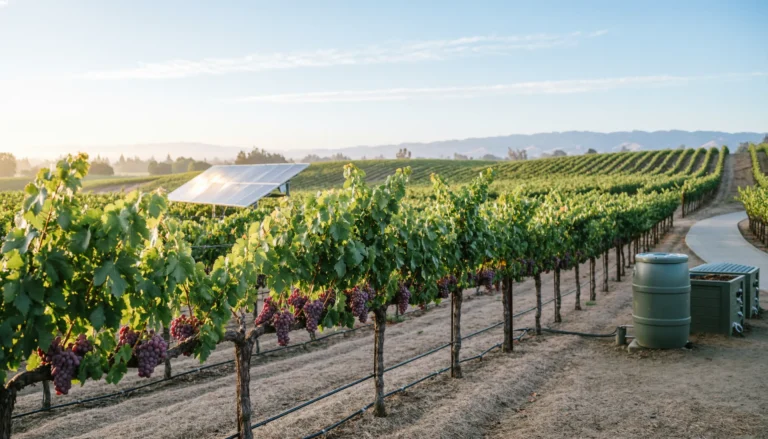
Today, Alico announced a new agreement with its largest customer, Tropicana Brands Group, to supply citrus fruit. The agreement is effective from June 5, 2024, through July 31, 2027, subject to its terms and conditions.
This new supply agreement will replace existing contracts set to expire at the end of July 2024. Under the new agreement, Alico will sell citrus fruit grown on approximately 65% of its currently planted acres to Tropicana at prices per pound solids that are 33% to 50% higher over the contract term compared to the average price for all citrus fruit sold to Tropicana last season. Additionally, Alico has another supply contract with Tropicana that remains in effect through the 2024-25 harvest season.
John Kiernan, Alico’s President and Chief Executive Officer, commented, “We are pleased to extend our relationship with our largest customer for three more years. Alico is proud of the successful business relationship we have developed with Tropicana Brands over the past decade, and we are both committed to facing the challenges of the Florida citrus industry with near-term patience and long-term focus. This new supply agreement, along with our other ongoing agreement, secures the majority of our citrus fruit at more certain pricing provisions over the next several seasons.”
Alico, Inc. primarily operates two divisions: Alico Citrus, one of the nation’s largest citrus producers, and Land Management and Other Operations, which includes land leasing and related support operations. Learn more about Alico
This press release contains forward-looking statements within the meaning of Section 27A of the Securities Act of 1933, as amended, and Section 21E of the Securities Exchange Act of 1934, as amended. Forward-looking statements include, but are not limited to, statements regarding our new supply agreement with Tropicana, business strategy, plans and objectives of management for future operations or any other statements relating to our future activities or other future events or conditions or any other statements relating to our future activities or other future events or conditions. These statements are based on our current expectations, estimates and projections about our business based, in part, on assumptions made by our management and can be identified by terms such as “will,” “should,” “expects,” “plans,” ,”hopes,” “anticipates,” “could,” “intends,” “targets,” “projects,” “contemplates,” “believes,” “estimates,” “forecasts,” “predicts,” “potential” or “continue” or the negative of these terms or other similar expressions.




